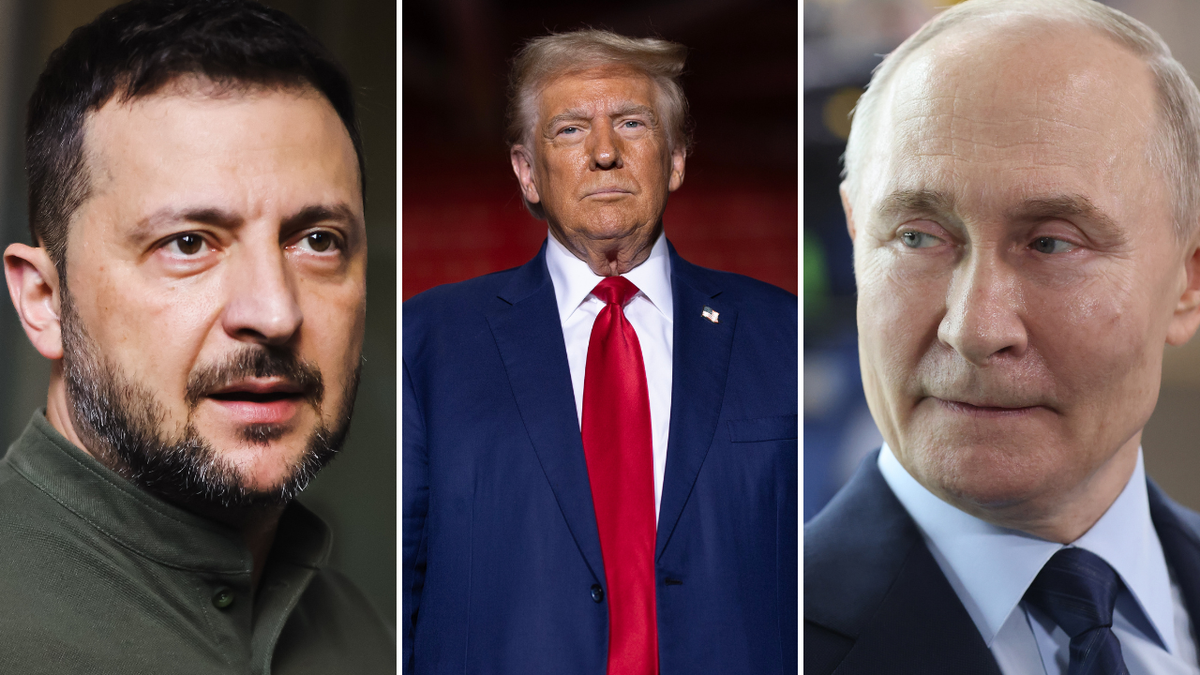Articles in this Cluster
07-06-2025
The UK has secured a diplomatic boost by hosting the second round of US-China trade talks in London, following initial discussions in Geneva that temporarily paused most tariffs for 90 days. Despite subsequent accusations from both sides of breaking the Geneva deal, a call between Donald Trump and Xi Jinping revived negotiations. The UK was chosen for its geopolitical positioning amid a UK-China “reset” and because EU venues were less suitable. Hosting could also aid Britain’s push for a UK-US trade agreement, with potential sideline engagements while US officials are in London. The talks reflect Trump’s strategy of forcing face-to-face resets despite tariff-driven tensions.
Entities: United Kingdom, United States, China, Donald Trump, Xi Jinping • Tone: analytical • Sentiment: neutral • Intent: inform
07-06-2025
US President Donald Trump and Chinese President Xi Jinping had a "very good" phone call, agreeing to further tariff talks amid their ongoing trade war. The call, initiated by Trump, lasted around an hour and a half and resulted in a "very positive conclusion" for both countries. They also invited each other to visit their respective countries, with Xi cautioning the US to handle the Taiwan issue carefully to avoid conflict. The trade war had stalled after a May 12 agreement to reduce tariff rates during talks, with Trump having cut US tariffs on Chinese goods from 145% to 30% for 90 days.
Entities: Donald Trump, Xi Jinping, United States, China, Taiwan • Tone: analytical • Sentiment: neutral • Intent: inform
07-06-2025
Senior White House officials will meet a Chinese delegation in London on Monday for the next round of trade talks following a “very positive” 90-minute call between Donald Trump and Xi Jinping. The talks, hosted by the UK after Geneva’s first round, come amid a US-China trade war and disputes over rare earths. The Geneva meeting produced a 90-day pause on most tariffs, with the US cutting its tariff on Chinese goods from 145% to 30% and China reducing its retaliatory tariffs from 125% to 10%, though sector-specific tariffs on cars, aluminum, and steel remain. Trump said the London talks “should go very well,” with Treasury Secretary Scott Bessent, Commerce Secretary Howard Lutnick, and Trade Representative Jamieson Greer leading the US side. China’s delegation has not been announced.
Entities: White House, Chinese delegation, London, Donald Trump, Xi Jinping • Tone: analytical • Sentiment: neutral • Intent: inform
07-06-2025
US retail giants are shifting shipping costs to Chinese suppliers as trans-Pacific freight rates surge amid ongoing US-China trade tensions. Traditionally, US retailers covered shipping and tariffs, leveraging scale to keep costs low. Now, Chinese exporters—particularly in Zhejiang province—report being pressed to pay part or all of logistics expenses, with some, like garment maker Stage Group, covering shipping on most US-bound orders since late May. Retailers are also pushing suppliers to absorb up to two-thirds of US tariffs, intensifying cost pressures on Chinese factories as American companies face domestic calls to “eat the tariffs.”
Entities: US retailers, Chinese suppliers, trans-Pacific freight rates, US-China trade tensions, Zhejiang province • Tone: analytical • Sentiment: neutral • Intent: inform
07-06-2025
Asian economies are being squeezed by escalating US-China rivalry, with upcoming tariff deadlines intensifying pressure. Most countries in the region are deeply tied to China through trade, supply chains, and investment—China is the top trading partner for 18 Asian countries and has led Asean trade for 15 years—while the US offers security guarantees, diversification, and access to advanced technology. This asymmetry forces governments to balance economic gains from China against strategic and security needs linked to the US. Rather than choosing sides, many are pursuing pragmatic hedging: maintaining economic links with Beijing while aligning selectively with Washington on security and enforcement to avoid overdependence and preserve flexibility.
Entities: United States, China, Asean, Asian economies, tariffs • Tone: analytical • Sentiment: neutral • Intent: analyze
07-06-2025
Analysts say the first Xi-Trump phone call since Trump’s return to the White House offers a brief de-escalation in US-China tensions, easing pressure on Asian countries that rely on both powers. The 90-minute, trade-focused conversation is seen as a tentative step back from the brink, but the underlying relationship remains fragile. For China’s neighbors, the detente could both relieve immediate strain and complicate longer-term balancing between economic ties with China and navigating hardline US policies.
Entities: Xi Jinping, Donald Trump, United States-China relations, trade talks, detente • Tone: analytical • Sentiment: neutral • Intent: inform
